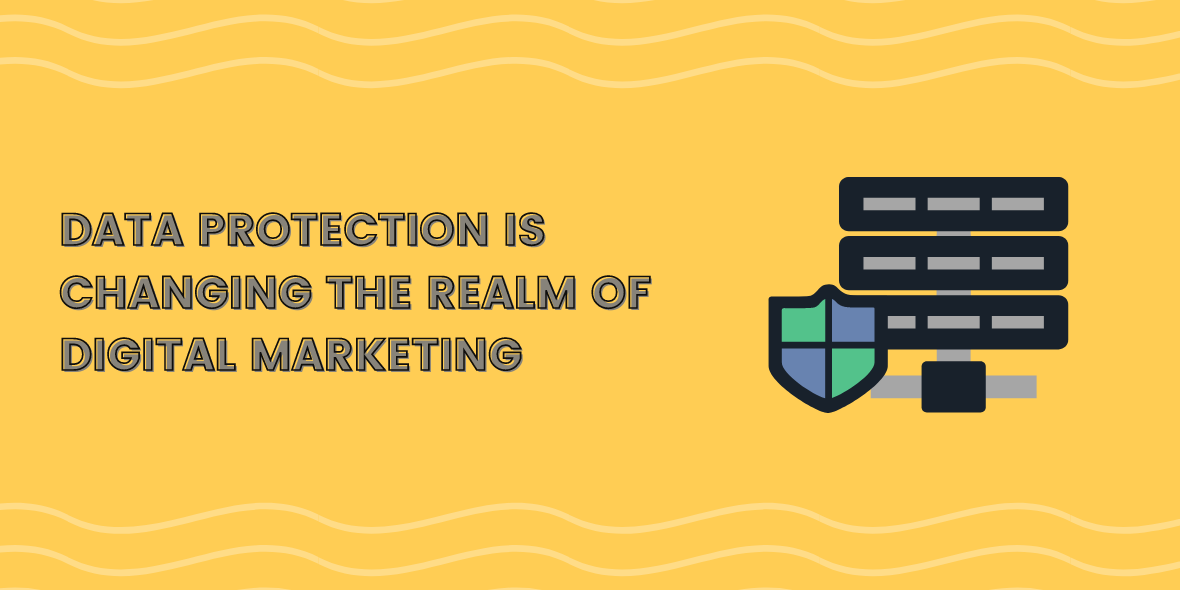Table of Contents
Data protection is changing the realm of digital marketing
Whether you pick up the phone to cold call prospects, meet potential clients, or even networking at events, proven strategies that turn strangers into customers are considered the ‘holy grail’ in sales.
Today, the vast majority of online shoppers are concerned about their data and privacy. Such concerns often include sensitive information such as address, phone number, and credit card information. Rightfully so, consumers are concerned about what companies are doing with their data.
By taking necessary security steps, international e-commerce companies can make sure that they not only comply with new privacy regulations, but also build trust with customers on a global level.
Your ‘Privacy Policy’ must be written specifically with current laws and regulations enforced, wherever your customers reside. This is the case, regardless of where your business is located.
What is a privacy policy for e-commerce stores?
Privacy policies outline your data collection method, storing, usage, and sharing of personal information. All e-commerce stores collecting personally identifiable information must give customers the option to provide or refuse giving their personal information, as well as the option to change their mind later on.
A Privacy Policy for your e-commerce store is a critical component to limiting your liability and ensuring compliance with local, state, federal, and international privacy laws. A good privacy policy should inform your shoppers that they might be making their information available to you directly or indirectly, with the difference being clear.
Why the push for more regulation?
Data breaches have become a serious issue and resultantly, people are concerned about their own privacy. It’s understandable given how valuable personal information has become. Security has and always will be integral for peace of mind. Protecting customers and their data wasn’t always the priority it needed to be, which is why governing bodies are now stepping in and enforcing steep penalties for lack of compliance.
Why is a privacy policy required for e-commerce stores?
The United States and most governments require e-commerce websites and certain mobile apps to clearly display a comprehensive ‘Privacy Policy’.
- In the US, the National Conference of State Legislatures (NCSL) published a guide to enact privacy laws in all 50 states and the US territories.
- In Switzerland, data privacy is regulated by the Federal Act on Data Protection of 19 June 1992 (DPA) and the Ordinance to the Federal Act on Data Protection of 14 June 1993.
- Canada is one of the forefathers of data protection, providing guidance for online businesses with its Personal Information Protection and Electronic Documents Act (PIPEDA), which was enacted in early 2000.
- Similar to Canada, the European Union implemented the General Data Protection Regulation (GDPR), which standardizes data protection rules across all EU countries.
Although each country may differ in some ways, their data protection laws operate under the same principles. The aim is to ensure that personal information of customers is secure, therefore giving them more control over their data.
Gazing into the future
Consumers are understandably demanding greater control of their data and increased assurances regarding their privacy. Businesses are rising to meet their demands, in some cases in response to some nudging by governmental entities.
Data plays an essential role in the success of an e-commerce business’ ability to possess high-performing digital campaigns. With a team of professionals analyzing consumer data, you can better understand what the behavior is of your target audience within your niche market. This will allow you to tweak campaign strategies to cater to the unique preferences of each individual customer.
Want to know more about how you successfully market a product following all guidelines? At Nanos, we are happy to help you with your marketing campaign. Contact us or book a free consultation!















